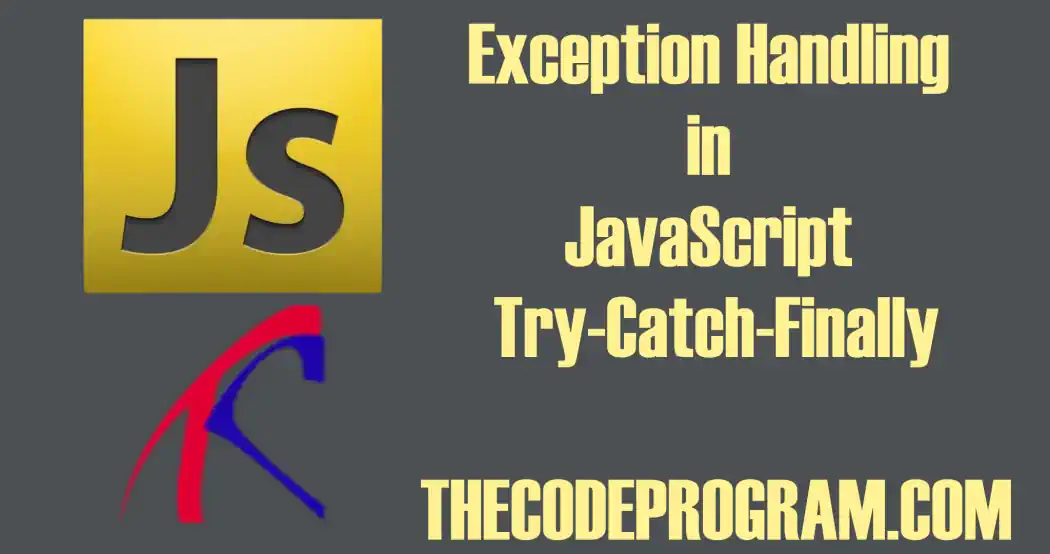
Exception Handling in JavaScript / Try-Catch-Finally
Hello everyone, in this article we are going to talk about exception handling in Javascript. We will make examples with Try-Catch-Finally for better understanding.Let's begin.
Sometimes errors occure during execution. These types of errors are called as Runtime errors These errors also called as Exceptions.
We handle runtime errors with Exception handling blocks.We write our code inside try block and if there is an exception occure execution goes to catch block and catch block is executed.
try {
// Main code block that will be executed
}
catch(error) {
// Code block when Runtime Error occured
}
finally() {
// Code block will be executed in every situtation
}
Important: We have to use one of catch or finally blocks when try block used. Otherwise program will not be executed.
function println(val){
console.log(val);
}
try {
println("Thecodeprogram");
println(BurakHamdiTufan);
}
catch(error) {
console.log('Error occured');
console.log('Message: ' + error);
}
Thecodeprogram
Error occured
Message: ReferenceError: BurakHamdiTufan is not defined
As you can see above undeclared variable tried to be printed. But error is occured in runtime in try block and exception is handled in catch block.
Now let's make an example that includes a finally block:
As we mentioned above finally block being invoked at every situtation even if error occures or not.
Now let's write two Javascript examples. First example will go to catch block and secodn example will not. But, in both examples the finally block will be executed.
First Example:
try {
println("Thecodeprogram");
}
catch(error) {
console.log('Message: ' + error);
}
finally {
console.log('Finally method executed');
}
Message: ReferenceError: println is not defined
Finally method executed
Second Example:
try {
console.log("Thecodeprogram");
}
catch(error) {
console.log('Message: ' + error);
}
finally {
console.log('Finally method executed');
}
Thecodeprogram
Finally method executed
We can also create custom exceptions. To do this we need to use throw new Error keyword. Below example you can see the example.
try {
console.log("Thecodeprogram");
throw new Error('Unexpected error occured');
}
catch(error) {
console.log(error + "");
}
Thecodeprogram
Error: Unexpected error occured
That is all in this article.
Have a good exception handling.
Burak Hamdi TUFAN




Comments